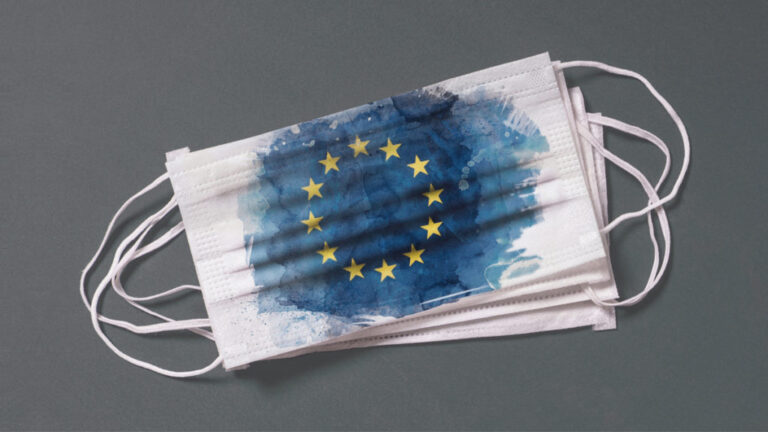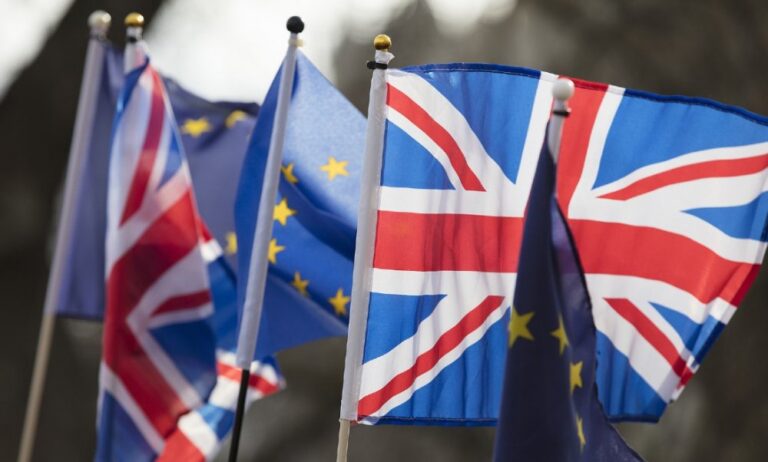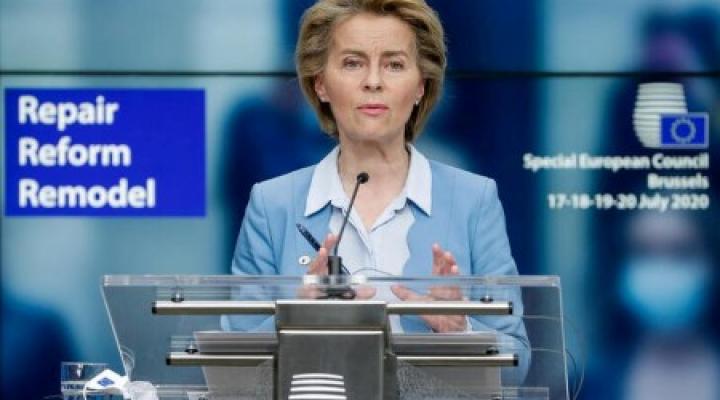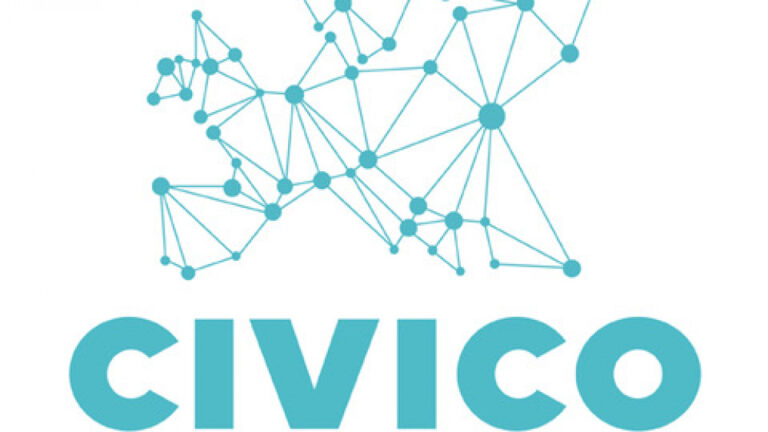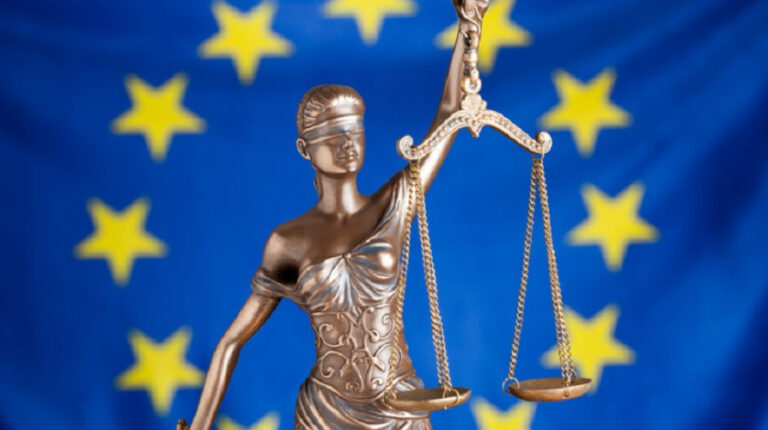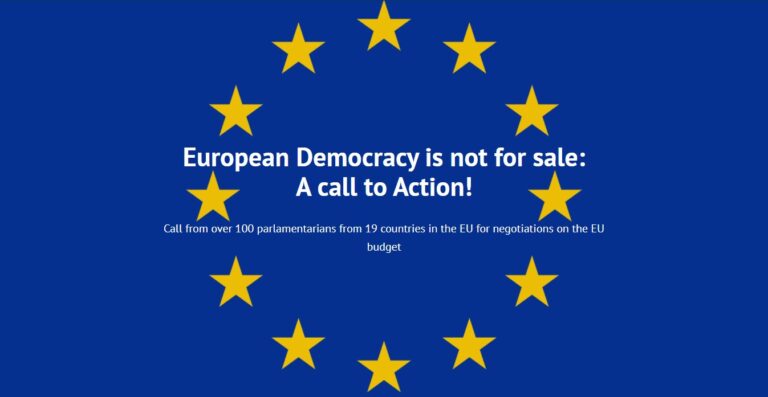
On August 9th, the IPCC Report (UN Intergovernmental Panel on Climate Change) was published. This report updated to 2020 is based on 14,000 studies carried out by experts from 195 countries. Within the 4,000-page report, the panel’s scientists analytically illustrate the climatic consequences in different geographical areas of the world due to CO2 and other greenhouse gases emitted into the atmosphere through human activity (which add to the stock of existing gases and will persist in the atmosphere for hundreds or thousands of years).
The IPCC then illustrates the different scenarios that could arise if the increase in the Earth’s average temperature is not limited to 1.5°C, within 10 or 20 years as agreed in the 2015 Paris Agreement. The latter was ratified and entered into force by 196 States, including all the main polluters, namely, the European Union (EU), the United States, Russia, South Korea, India and China (which, however, managed to postpone from 2050 to 2060 the target of achieving net zero climate-altering emissions).
The IPCC warns that global warming is occurring much faster than in the past, with the global average temperature having already risen by 1.09°C compared to the pre-industrial era. The Report describes the consequences of this rise in temperature as far worse than those predicted in previous Reports: the areas subject to fire risk have increased by 75% since the year 2000; ice sheets are losing 8 billion tons of water a day, thus accelerating the sea level rise; in many countries the temperature has reached above 35°C and up to 50°C, for example in Morocco and Canada, for prolonged periods; increasingly violent typhoons and hurricanes have hit not only the Northern Regions, but also those of the South and East of the world, often followed by severe droughts; and desertification is increasing in Africa and in some areas of Southeast Asia.
According to the Report, even if commitments to reduce emissions (Nationally Determined Contributions – NDC) were to be confirmed and implemented by all current governments, global warming would still be limited to 2.1°C by 2030/2040, thus causing increasingly prolonged periods of extreme heat, a further acceleration of both the melting of glaciers and the sea level rise and the frequency and intensity of ‘extreme events’, resulting in mass migrations. Hence the UN Secretary-General António Guterres is not wrong in stating that the new IPCC report is a “code red” for humanity.
Once again, the EU and its Commission must be acknowledged for continuing to honour the Agreements signed in Paris (through the European Green Deal and Next Generation EU), by increasing the EU’s decarbonisation target from 40% to 55% by 2030, and making it an internationally recognised world leader in tackling global warming. An important agreement between the EU and the United States, represented by President Biden, was thus possible. This new-found transatlantic agreement has multilateral commitments and shared ESG (Environmental, Social, and Governance) objectives.
Linked to this agreement is Biden’s executive order on the production and sale of electric, hydrogen or hybrid vehicles by 2030, with a USD 1000 billion investment, as well as the presentation to the Senate of a USD 3,500 billion anti-poverty plan to support social and environmental programmes, with cost increases and tax benefits.
The EU’s driving force has targeted not only other states but also private companies, private and public foundations and independent NGOs, which have declared their willingness to commit to achieving climate neutrality by 2050.
After the new IPCC Report and its alarming statements about the fate of humanity, I believe that the EU’s responsibilities to the world have increased considerably. Therefore, we should ask it to “raise the bar even further” in order to maintain its leading role in the fight against climate change.
We must demand that the European Union:
– apply consistent carbon pricing within the EU and in relations with the rest of the world;
– increase the production of renewable energies not only in Europe but also in Africa, with appropriate international agreements;
– establish an agreement with the African Union to produce green hydrogen through photovoltaic energy in the countries on the South-Eastern coast of Africa that would be transported to Europe using the existing gas pipelines between the two shores of the Mediterranean;
– speed up the implementation of decisive measures in areas where there is a significant delay, such as transport and electric or hydrogen mobility (electric car, electric or hydrogen-powered public transport) and the green conversion of private and public real estate assets (insulation of buildings, use of roofs for photovoltaic production, electrification and digitalisation of all utilities).
Finally, the time has come to spend the EU’s large credit and sign a new pact among the main polluting states – possibly involving private companies, private and public foundations as well as NGOs – to give life to that multilateral, supranational institution in the energy and environment sector, which federalists have been demanding for decades. The “World Organisation for Energy and the Environment”, governed by an independent High Authority (based on the ECSC model in the European unification process), would operate under the control of the UN, with the task of managing the complex and constantly evolving climatic and environmental balances in the interest of humanity.
This new organisation should endow the already existing Green Fund with USD 100 billion and propose to generalise carbon pricing globally, at least among the countries that agree with it.
In short, the EU multilateral initiative must meet the challenge of the IPCC with the aim of stabilising global climate in the best way possible so that the planet will be livable for the human species.
